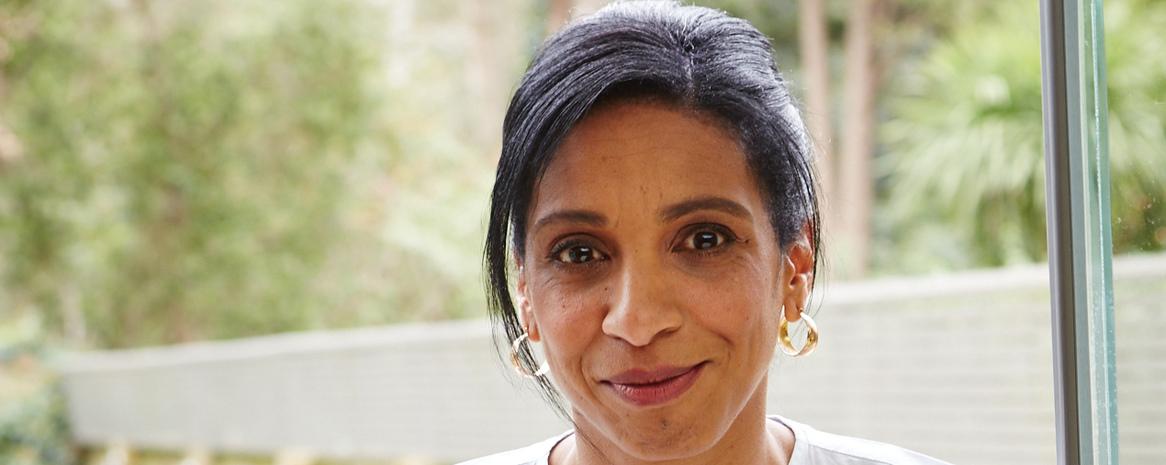High risk
My mum lives with type 2 diabetes. When she carried me, she had gestational diabetes and then developed type 2 about 10 years later in her thirties.
At the age of 28, I was in a new relationship and we were going out to eat a lot. I was enjoying life and having a good time. This meant I’d put on three and a half stone.
I knew being overweight as well as my mum having had gestational diabetes put me at higher risk of type 2 diabetes, so I went to the doctor to have an HbA1c blood test.
My HbA1c level was 44mmol/mol which put me into the ‘at risk’ or prediabetic range.
I was in denial. My mindset was not to do something about it as I thought I’m heading down the road to type 2 diabetes anyway.


